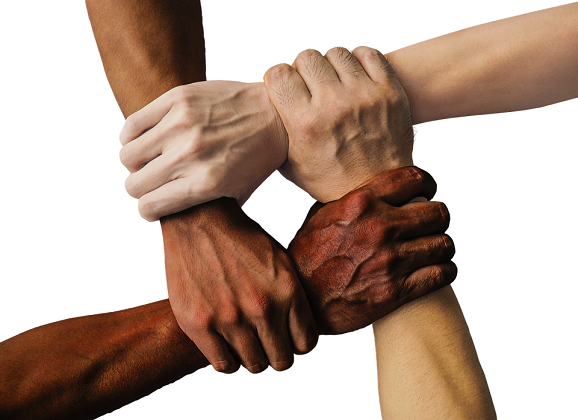Greater Satisfaction in Your Romantic Relationship
No relationship is all sunshine, but two people can share one umbrella and survive the storm together – Anonymous

For as much as human society glamorizes romantic relationships, they sure are difficult. Whether that is starting a romance or maintaining it, there are plenty of challenges.
Today, we’re going to talk about one straightforward strategy that has been empirically shown to improve a person’s romantic relationship satisfaction.
PREDICTING RELATIONSHIP SATISFACTION

What is a “relationship?” We use this word to mean all sorts of things. A relationship with a family member. A relationship with an acquaintance. A relationship with a lover. Each of these describes some form of connection with another individual, but they differ in how that connection comes to life.
In other words, a relationship is defined by the types of interactions we have with that person. And when it comes to romantic relationships, there are specific qualities of these “interactions” that lead to greater relationship satisfaction.
Let’s focus on three important qualities:
- Shared Interests. As you can imagine, people tend to be happier when they spend time doing things they want to be doing. Therefore, people tend to report greater satisfaction in romantic relationships when both people engage in activities they both enjoy doing.
- Shared Outcomes. When a person’s partner pays attention to them and processes what they have to share, it increases relationship satisfaction. And people are more likely to do this when they share outcomes that affect both people (e.g., making a big purchase together).
- Shared Dependance. People report greater relationship satisfaction when they feel like “they’re in it together.” It can be unhealthy when one person depends on the other person more than the reverse. Thus, feeling like they both contribute to one another’s wellbeing is very important.

Of course, no romantic relationship (or partner) does each of these perfectly; however, there is one clear route to helping to improve all three: pooling your financial resources.
In one study, researchers analyzed the responses of 40,000 households from the U.K. From this sample, they categorized couples into one of three groups: (1) couples who pooled all their finances, 47.6%, (2) couples who pooled some of their finances, 48.1%, (3) couples who kept their finances separate, 4.4%.
PUTTING IT ALTOGETHER
The researchers then looked at the average levels of satisfaction with these relationships. Those who pooled all their money were the most satisfied, while those who pooled nothing were the least satisfied. Those who pooled some money were in the middle.

The researchers replicated these findings in four other studies. And in fact, they showed that even temporarily getting couples to share finances could increase relationship satisfaction!
Overall, the researchers attributed their findings to those three qualities I listed earlier:
When couples pool their finances, it leads them to engage in activities they both enjoy doing. It gives these couples a sense of having more “shared outcomes.” And it gives them a feeling of more equal dependence: both people feel like they are contributing to the other’s success.
POOLING RESOURCES ISN’T FOR EVERYONE

Now, just because pooling one’s finances had pretty impressive effects on relationship satisfaction, it doesn’t mean this is the right relationship strategy for everyone. For example, if you’re early in a relationship, pooling finances might be a hasty next step of commitment.
However, even if you’re not ready to sign up for a joint bank account, it can still be helpful to get away from the idea of “this is mine” and “that is yours.” The more a relationship has this sort of psychological division, the more likely that relationship is to have an actual division down the line.
Poolingly,
Jake
Everyday Psychology: Like all findings in behavioral research, effects are stronger in some contexts and weaker in others. For example, the same researchers found that pooling your resources was particularly effective at increasing relationship satisfaction for those who are experiencing financial hardship. That is, pooling finances can help alleviate some of this economic distress, which otherwise lowers relationship satisfaction. At the same time, these researchers also found that pooling finances didn’t improve relationship satisfaction for Japanese couples. In this culture, people already share a strong interconnected “sense of self.” Thus, when they share finances, it doesn’t boost their interconnectedness to the same degree. Gladstone, J. J., Garbinsky, E. N., & Mogilner, C. (2022). Pooling finances and relationship satisfaction. Journal of Personality and Social Psychology.







